BMW has been criticised for not making UK safety officials aware of a fault which led to one of its cars being involved in a fatal collision.
The car brand hadn't informed the DVSA about electrical faults which could stall its cars and lead the brake lights to fail.
It had first received complaints about the fault, on 1 Series, 3 Series and Z4 models, five years earlier, and at least five cars had been fixed under warranty. But it deemed the fault was not "critical".
On Christmas Day 2016, a stalled BMW on a dark A-road forced Narayan Gurung to swerve his Ford Fiesta, losing control and colliding with a tree. Gurung died at the scene and his wife was seriously injured, an inquest was told this week.
The inquest at Woking Coroner's Court was told BMW had received complaints of an electrical issue that caused a total power failure as early as 2011.
The Driver and Vehicle Standards Agency said: "BMW did not make DVSA aware of electrical failure in its cars between 2011 and 2014, as it is required to do.
"It then provided us with incorrect information about the faults, so we were not able to make an informed decision."
In February 2016 DVSA held a meeting with BMW, at which the carmaker told officials the faults were under control and no UK vehicles were recalled.
At that meeting the DVSA's lead engineer Andrew Tudor warned: "We do not want a fatality".
After examining growing evidence, DVSA contacted BMW in December 2016 - the same month Gurung was killed - to ask it to conduct a full safety recall of the affected vehicles.
In the USA BMW recalled 500,000 cars in 2013 to address the problem. Smaller recalls were also made in Australia, Canada and South Africa.
BMW supplier quality engineer Mark Hill said the carmaker believed the fault was not "critical" because drivers could still steer and brake, despite their headlights, hazard lights, indicators and brake lights not working.
After Gurung's death BMW issued a recall of 36,000 cars in the UK.
John Williams, representing the insurer Aviva, told the inquest: "BMW wanted to avoid the cost of recalling all those vehicles. Why did it wait for this fatal accident to occur before it issued any form of recall?"
Hill said recall decisions are made by BMW's headquarters in Germany.
The inquest has been adjourned.
BMW has said it was "deeply saddened by this tragic incident" but would not comment further due to the ongoing court proceedings.

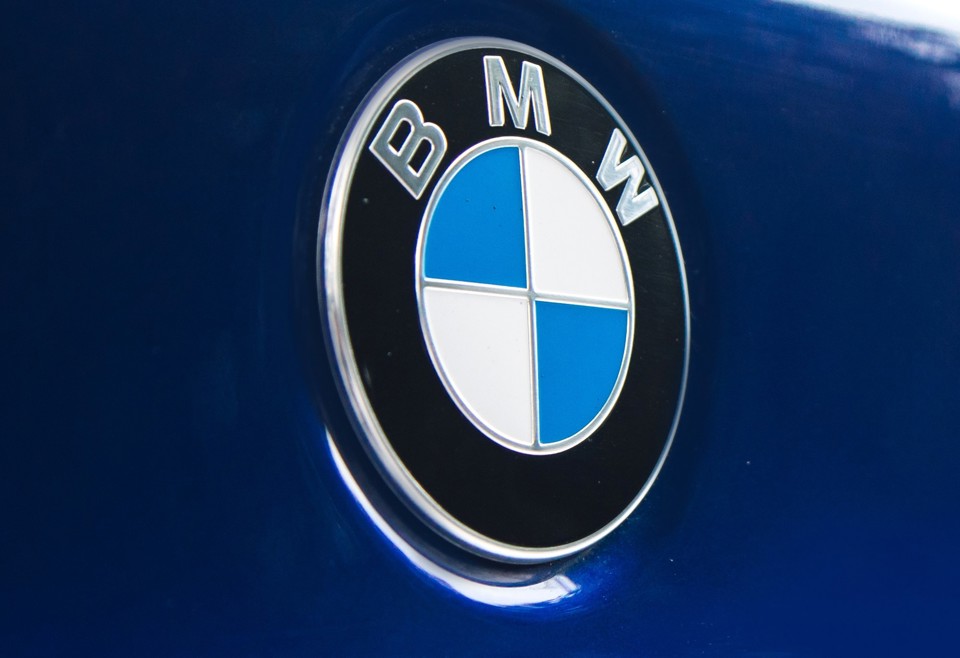



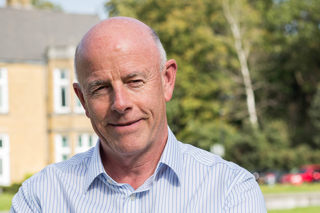
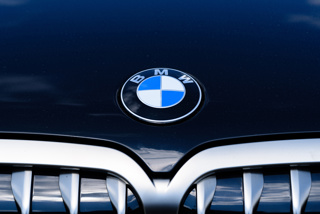

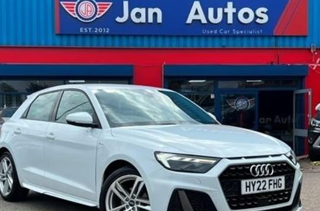
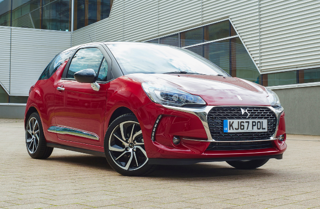












Login to comment
Comments
No comments have been made yet.